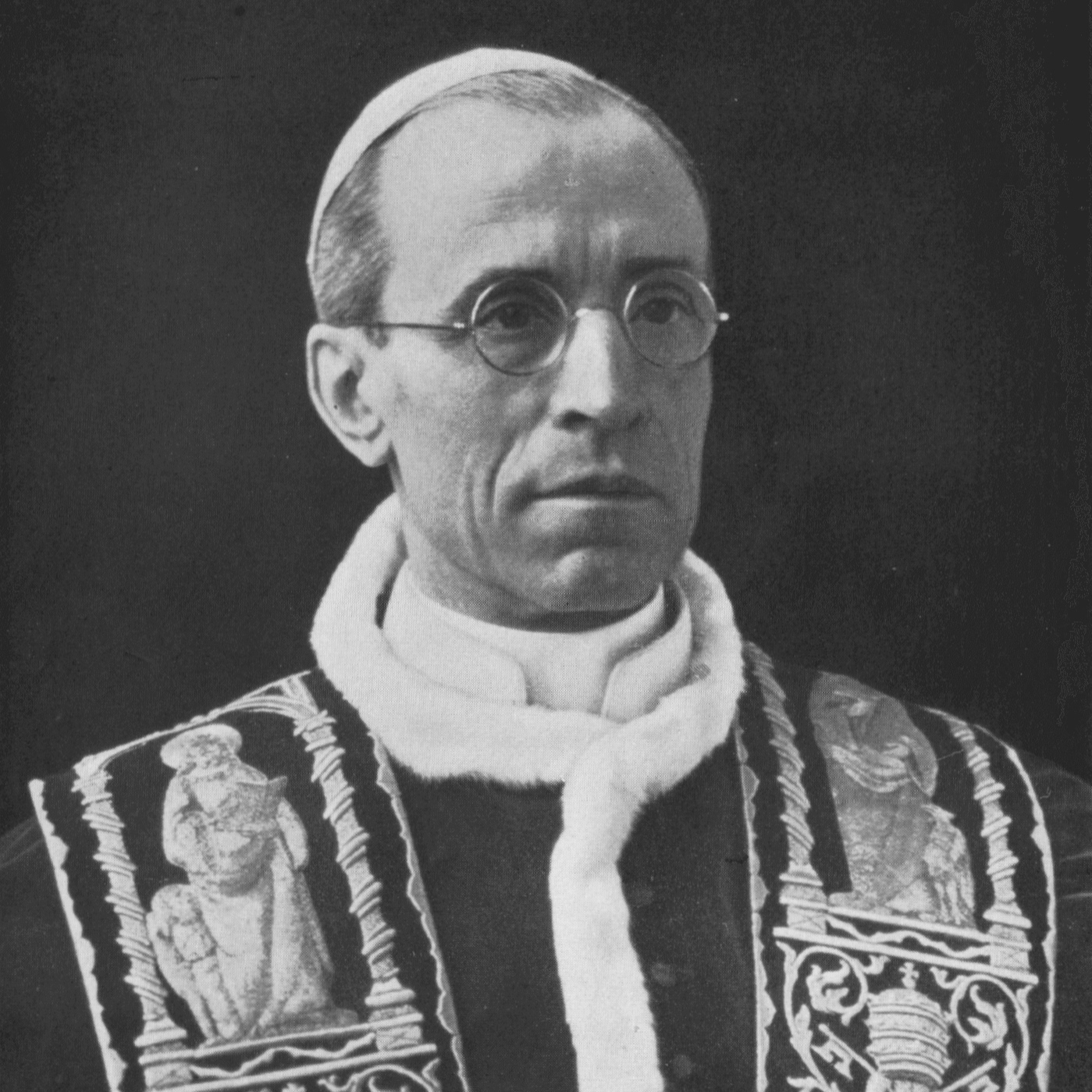Pope Benedict XVI
Press Conference on plane to Britain
16 September 2010
Cardinal Newman is a modern man, who took on all of the problems of modernity, he experienced the problem of agnosticism, the impossibility of knowing God, of believing; a man who throughout his life was on a journey, a journey to let himself be transformed by the truth, in a search of great sincerity and great willingness, to learn more, to find and to accept the path to true life…
He is a man of great culture who participates in our sceptical culture of today, in the question: “Can we understand something certain about the truth of man, of the human being, or not?”…
He is a man of great spirituality, a great humanism, a man of prayer, of a deep relationship with God and a relationship with himself, and therefore also of a deep relationship with the other men of his and our time…
So I would say these three elements: the modernity of his existence, with all the doubts and problems of our existence today, his great culture, knowledge of the great cultural treasures of mankind, his constant quest for the truth, continuous renewal and spirituality: spiritual life, life with God, give this man an exceptional greatness for our time. Therefore, he is a figure of Doctor of the Church for us, for all, and also a bridge between Anglicans and Catholics.
St. Pope John Paul II
Letter on the Bicentenary of Newman’s birth
22 January 2001
Newman was born in troubled times which knew not only political and military upheaval but also turbulence of soul. Old certitudes were shaken, and believers were faced with the threat of rationalism on the one hand and fideism on the other. Rationalism brought with it a rejection of both authority and transcendence, while fideism turned from the challenges of history and the tasks of this world to a distorted dependence upon authority and the supernatural. In such a world, Newman came eventually to a remarkable synthesis of faith and reason which were for him like two wings on which the human spirit rises to the contemplation of truth … “Lead kindly light amid the encircling gloom, lead Thou me on”, Newman wrote in The Pillar of the Cloud; and for him Christ was the light at the heart of every kind of darkness. For his tomb he chose the inscription: Ex umbris et imaginibus in veritatem; and it was clear at the end of his life’s journey that Christ was the truth he had found.
Pope Paul Vi
Address to Newman scholars
7 April 1975
Newman, who was convinced of being faithful throughout his life, with all his heart devoted to the light of truth, today becomes an ever brighter beacon for all who are seeking an informed orientation and sure guidance amid the uncertainties of the modern world – a world which he himself prophetically foresaw.
Pope Pius XII
Letter on Centenary of Newman’s Conversion
12 April 1945
Newman ‘gave up his whole life to the truth’ (Juvenal, Satires); all his efforts, all his untiring labours, were dedicated to that end. A time came when the beauty of Catholic teaching revealed itself clearly to his longing eyes; with that, no obstacle of any kind—his old prejudices, loss of prospects, the protests of his friends—could hold him back; nothing must stand between him and full adherence to the truth he had now mastered. He held to it ever afterwards with unshaken consistency, made it the guiding principle of his whole life, found in it, as in nothing else, full contentment of mind.
“I shall drink to the Pope, if you please, still, to conscience first, and to the Pope afterwards.”





